If you have money in the bank, you want to know that it’s protected. Luckily, the Federal Deposit Insurance Corporation, or FDIC, insurance was designed to ensure your peace of mind. FDIC insurance protects your money in case something happens to the bank.
Let’s dive deeper into what FDIC insurance is, how it works, and what it protects. This article also provides some financial strategies to maximize your FDIC insurance benefits.
What Is FDIC Insurance?
The FDIC is an independent government agency that protects bank depositors from the loss of deposits at an FDIC-insured bank. This organization oversees FDIC deposit insurance, which protects bank customers in the event that an FDIC-insured institution fails.1 In other words, FDIC insures your money at the bank.
A bank failure is an unlikely situation, but it’s possible. In that case, the FDIC would provide depositors with an insurance payout up to the insurance limit, which in most cases is $250,000 per depositor, per institution, and per ownership category (more on that later). They might do this by offering depositors a new account of the same amount at an insured bank or by issuing a check for the insured amount to the depositor.
If you bank at an FDIC-insured institution, you don’t need to apply for FDIC insurance because coverage is automatic.
A History of FDIC Insurance
Believe it or not, money stored at the bank wasn’t always protected with insurance! FDIC insurance was established in 1934 as a response to the bank failures depositors witnessed during the Great Depression.2
Since then, there have been multiple instances of banks failing, and the FDIC has continuously protected insured deposits. For example, dozens of banks failed during the Great Recession, and four banks failed in 2020.3 While it’s unlikely to happen, banks do fail, which is why it’s important to make sure your deposits are insured.
What Does FDIC Insurance Protect?
Now, for the most important question: What does FDIC insurance protect? The FDIC’s website does a great job of explaining what’s covered under FDIC insurance and what isn’t.4
First, FDIC insurance covers traditional deposit accounts of up to $250,000 per depositor, per institution, and per ownership category. These traditional deposit accounts include the following:
- Checking accounts
- Savings accounts
- Money market deposit accounts
- Certificates of deposit (CDs)
- Prepaid cards (assuming all FDIC requirements are met)
In addition, the FDIC also insures retirement accounts in which plan participants have the right to direct how the money is invested, including:
- IRAs
- 401(k)s or other self-directed defined contribution plans
- Self-directed Keogh plan accounts
- Section 457 deferred compensation plan accounts, whether self-directed or not
They may also insure an employee benefit plan that is not self-directed, such as a pension plan.
What Does FDIC Insurance Not Protect?
Now that you understand what FDIC insurance does cover, let’s also look at what it doesn’t cover.5 The FDIC states that it does not cover:
- Stocks
- Bonds
- Mutual funds
- Life insurance policies
- Annuities
- Municipal securities
- Safety deposit boxes or their contents
- US Treasury bills, bonds, or notes
- Cryptocurrency accounts, including stablecoins
With these types of accounts, talk to your financial advisor to ensure that they are protected.
How to Maximize Your FDIC Insurance
It’s important to know how to maximize your FDIC insurance and make the most out of your coverage.
As we mentioned above, the FDIC insures up to $250,000 for a single or joint account per depositor, per institution, per ownership category. This means that a person can have one account or multiple accounts at the same bank, but only $250,000 is insured.
But, there are multiple strategies to enhance your coverage. The most simple is to open multiple bank accounts at multiple banks and not have them exceed $250,000.
But, you may also be able to set up a revocable trust and identify one or more beneficiaries to increase your coverage. Each beneficiary then receives $250,000 of coverage. For example, a revocable trust account with one owner that names three unique beneficiaries can be insured up to $750,000.6 There are a few qualifications for setting up both revocable and irrevocable trusts, though, so talk to your financial professional to make sure your account qualifies for increased FDIC insurance.
The FDIC has set out to protect depositors in the case of an emergency and FDIC insurance is a great tool to securely store your assets. For more information regarding your own accounts and if you are covered completely, feel free to...
1 https://www.fdic.gov/resources/deposit-insurance/faq/index.html
2 https://www.fdic.gov/about/what-we-do/index.html
3 https://www.fdic.gov/resources/resolutions/bank-failures/failed-bank-list/
4 https://www.fdic.gov/resources/deposit-insurance/financial-products-insured/
5 https://www.fdic.gov/resources/deposit-insurance/brochures/deposits-at-a-glance/
6 https://www.fdic.gov/resources/deposit-insurance/faq/index.html
This content is developed from sources believed to be providing accurate information. The information in this material is not intended as investment, tax, or legal advice. It may not be used for the purpose of avoiding any federal tax penalties. Please consult legal or tax professionals for specific information regarding your individual situation. The opinions expressed and material provided are for general information, and should not be considered a solicitation for the purchase or sale of any security. Digital assets and cryptocurrencies are highly volatile and could present an increased risk to an investors portfolio. The future of digital assets and cryptocurrencies is uncertain and highly speculative and should be considered only by investors willing and able to take on the risk and potentially endure substantial loss. Nothing in this content is to be considered advice to purchase or invest in digital assets or cryptocurrencies.
Enjoying Escient Financial’s Insights?
The weekly newsletter is usually delivered to your email inbox Friday or Saturday, and includes:
- the latest Escient Financial Insights articles
- a brief of the week's important news regarding the markets
- recommended third-party reads
- selected Picture of the Week
Escient Financial does NOT sell subscriber information. Your name, email address, and phone number will be kept private.
















